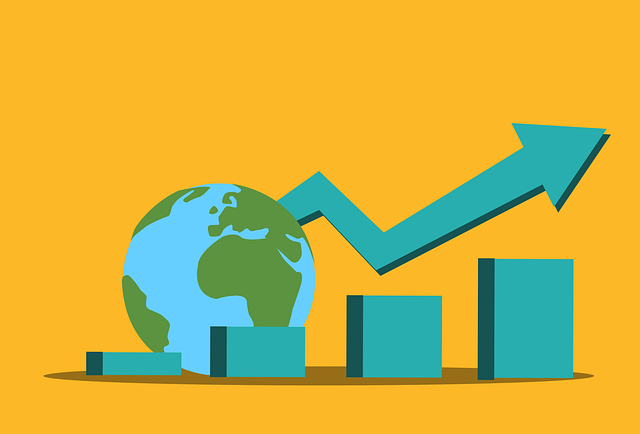Economic growth to slow down in 2023

UOB expects full-year GDP to grow by only 0.7%.
With a weaker global outlook, UOB believes Singapore will see slower economic growth in 2023, adding that the gross domestic product may only grow by 0.7%.
“The 2023 outlook is largely premised on broad moderation in external economies this year and that the US and European economies will likely enter a recession amidst aggressive monetary policy tightening stances among these advanced economies,” said Alvin Liew, UOB senior economist.
Liew added that negative global banking developments add further uncertainty and downside risk to the external outlook.
The banking developments will also directly impact the manufacturing and external-oriented services sectors such as wholesale trade, transport and finance & insurance, according to Liew.
With worsening electronics downcycle, and increasingly weaker demand from more major export destinations, UOB expects the manufacturing sector to contract by 5.4% in 2023.
Looking ahead, Liew said Singapore will likely see a few more months of year-on-year declines in non-oil domestic exports (NODX) before improving in the 2H.
“We expect full-year NODX to contract by -5.5% in 2023,” Liew said.
Liew, however, said there’s a bright spot in Singapore’s services sector.
“Services could fare better in 2023 as upside factors could come from the continued recovery in leisure and business air travel and inbound tourism, which will benefit in-person services sectors. China’s reopening is likely to be positive for these sectors although the effect was not immediately felt in 1Q,” Liew added.
UOB expects retail sales growth at 5.0% for 2023, from 10.5% in 2022, with upside potential mainly due to China.
Services inflation, alongside food inflation, is also amongst the top sources of core inflationary pressures, said Liew. For the whole year. UOB expects core inflation to average 4.0% and headline inflation to average 5.0%.





